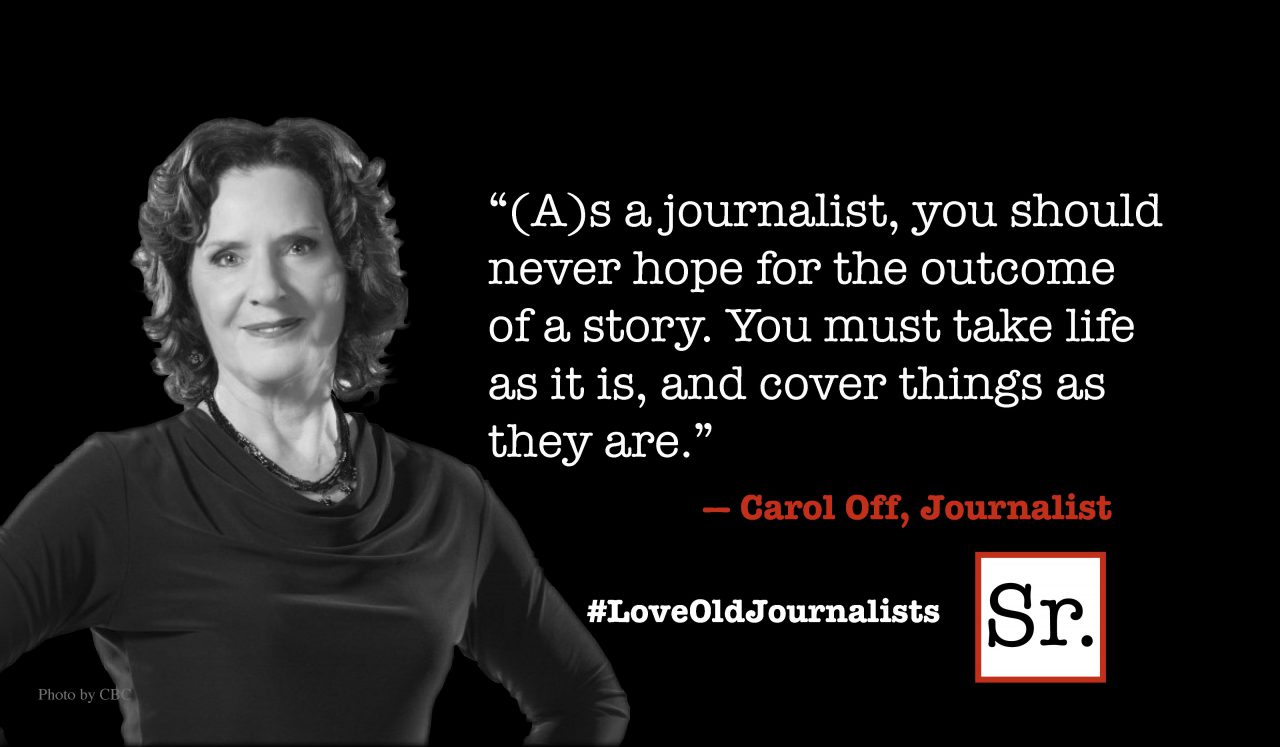Poorly run meetings start in the wrong place and end up rushed before they’re done.
The Right Place
Leave inconsequential items for the end. Deal with big items at the beginning. I’m tempted to check off a few quick agenda items before digging into the meat of meetings. It’s seductive but ineffective and inefficient.
Don’t prioritize insignificant agenda items by placing them first. Starting with insignificant issues raises their significance. Trivial items frequently take longer than expected. Additionally, you’re wasting your best moments on the least important issues.
Better to rush through less consequential items – at the end – than substantive issues.
The top items on your agenda should be:
1. Biggest problem.
2. Best opportunity.
3. Grandest goal.
4. Greatest issue.
Meetings are dangerous because talking feels like action, but it isn’t. Effective meetings result in decisions and action. If actions or decisions aren’t required, send an email, make a call, or post a report on the company’s intranet.
What If?
What if the biggest problems can’t be fully solved? Take the biggest step toward the best available solutions. Hit it again next time.
What if the best opportunities can’t be fully leveraged? Take the best available action.
What if the grandest goals can’t be immediately reached? Take the grandest steps possible.
The best action at meetings is assigning actions.
8 Ways to Run Great Meetings
1. Short agendas are better than long.
2. Allow ample time to discuss substantive issues.
3. Rush through trivial items at the end.
4. Press for decisions.
5. Create immediate, short-term action items.
6. Set short-term incremental deadlines. If it’s due in six months, it won’t be started for five unless you set clear, impending milestones.
7. Identify champions – people who own action items.
8. Follow up with participants in between meetings. Ask, “How’s your project coming?”
What tips or strategies create great meetings?









